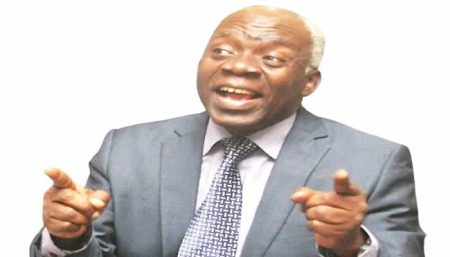Bright Osayi-Samuel, a Nigerian international right-back, found himself at the center of a transfer saga involving Turkish football giants Beşiktaş. The proposed move, which promised a lucrative three-year contract worth €1.9 million per season plus a €1 million signing-on bonus, dramatically collapsed in its final stages due to unexpected financial demands reportedly made by Osayi-Samuel’s father and representative, Nelson Osayi. This led to a public denial by the player and a firm rejection by the club, leaving Osayi-Samuel’s future uncertain. The incident highlighted the complex dynamics of player transfers, where familial involvement and last-minute negotiations can significantly impact a player’s career trajectory.
The transfer narrative began with Osayi-Samuel, currently playing for Fenerbahçe, nearing an agreement to join rivals Beşiktaş. The deal seemed all but finalized, satisfying both the club’s need for a skilled right-back and Osayi-Samuel’s desire for a potentially more rewarding contract. However, the seemingly smooth transition took an abrupt turn when, according to reports, Nelson Osayi intervened just before the deal’s conclusion, demanding an additional €300,000 per season. This unexpected request blindsided Beşiktaş officials, who viewed it as an unreasonable breach of trust and a sign of bad faith. The club swiftly terminated negotiations, leaving Osayi-Samuel in a precarious position.
Following the breakdown of the Beşiktaş deal, Osayi-Samuel publicly distanced himself from his father’s actions, claiming ignorance of the last-minute demand. According to Turkish media outlet Haberler.com, Osayi-Samuel reached out to Beşiktaş president Serdal Adalı, expressing his surprise and disappointment at his father’s intervention. He reportedly stated, “My dad called without telling me and cancelled the transfer; I have no knowledge of what happened. Let’s talk again.” This attempt to salvage the deal, however, proved futile. Adalı remained firm in his decision, stating that Beşiktaş had moved on and would not reopen negotiations.
Adalı’s public statements reinforced Beşiktaş’s position, emphasizing the club’s displeasure with the eleventh-hour demands. He cited the “unreasonable last-minute requests” from Osayi-Samuel’s father as the primary reason for the transfer’s collapse. This firm stance effectively closed the door on any possibility of Osayi-Samuel joining Beşiktaş, leaving the player to contemplate his future options. The incident underscored the potential for familial involvement in player negotiations to disrupt carefully constructed deals and damage relationships between clubs and players.
With the Beşiktaş move off the table, Osayi-Samuel’s future became the subject of intense speculation. Reports emerged linking him with a return to England, potentially joining Birmingham City, a club competing in the Championship. This move would represent a homecoming of sorts for Osayi-Samuel, who previously played for Queens Park Rangers in England. While a move to Birmingham City seemed a likely outcome, the failed Beşiktaş transfer served as a stark reminder of the unpredictable nature of football negotiations and the potential consequences of late-stage complications.
The Osayi-Samuel transfer saga offers a glimpse into the often-turbulent world of professional football transfers. It highlights the intricate interplay of player ambitions, club strategies, and the influence of family members and representatives. In this case, a seemingly straightforward transfer was derailed by last-minute financial demands, leaving the player’s future uncertain and jeopardizing a potentially lucrative move to a major club. The incident serves as a cautionary tale for players, clubs, and agents, emphasizing the importance of clear communication, transparency, and good faith throughout the negotiation process.














